Essex trio LOWLIFE today release their debut album ‘PAYDAY’. The album is launched alongside a brand new video for their current single.
Watch it HERE.
‘PAYDAY’ is an exhilarating, white-knuckle blend of early ‘00s pop-punk, West Coast hip-hop, alternative R&B and 90s rap-rock. It’s an adventurous hybrid of sounds that at times recall the boisterous bounce of Beastie Boys, the ragged melodies of Rancid or the raw power of Bikini Kill… and then still finds the space to throw in some N.E.R.D. production touches and a Black Sabbath sample (on ‘ELON’, recently played in Radio 1) to maximise their unpredictable style.
As such, ‘PAYDAY’ is a headrush of a record that’s a thrill to keep up with. Recent single ‘ELON’ is an electronic-pop banger that sounds like Gorillaz reanimating The Specials’ ‘Ghost Town’, while ‘AMERICAN DREAMER’ recalls their jaunts around the US through a crunchy Weezer-y guitar riff and anthemic chorus. Across its 13 tracks, it’s a record of modern-pop dynamism and dexterous gear-changes, from the dreamy alt-R&B of ‘AFTERGLOW’ to the rampaging future-punk of ‘SHOTGUN’, before the gliding synths and smooth bars of ‘SKATE STORE’ bring all of the chaos to a harmonious close.
There are no high concept themes, just snapshots in the life of a trio whose brotherhood is a core aspect of their creativity. The story behind LOWLIFE explains much of their sound. The trio – Jordan Cardy, Liam Haygarth and Harry Todd – have been friends since college and when Jordan’s RAT BOY project started to take off in the UK, he enlisted Liam and Harry in his backing band. But during the recording of the second RAT BOY album, ‘Internationally Unknown’, their connection was stronger than ever, leading co-producer Tim Armstrong to suggest starting a new project. Step forward LOWLIFE, with all three sharing vocals, instrumentation and production.
“We’d been listening to a lot of hip-hop and Beastie Boys and we wanted to keep it broad and playful,” says Jordan. Liam ag
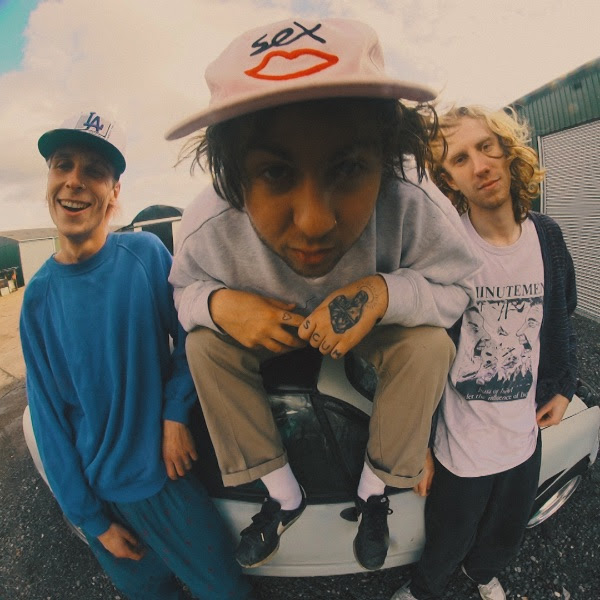
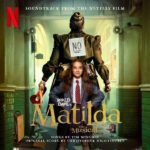

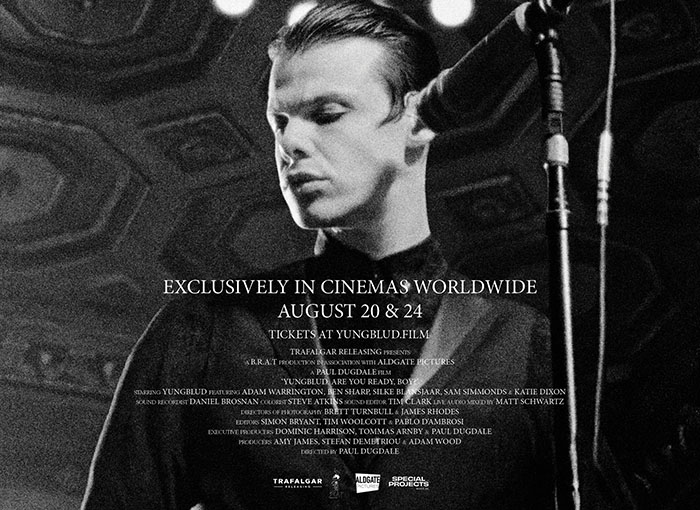

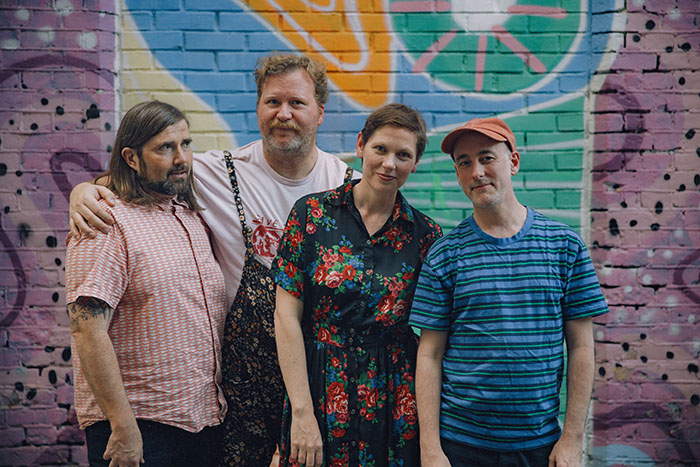
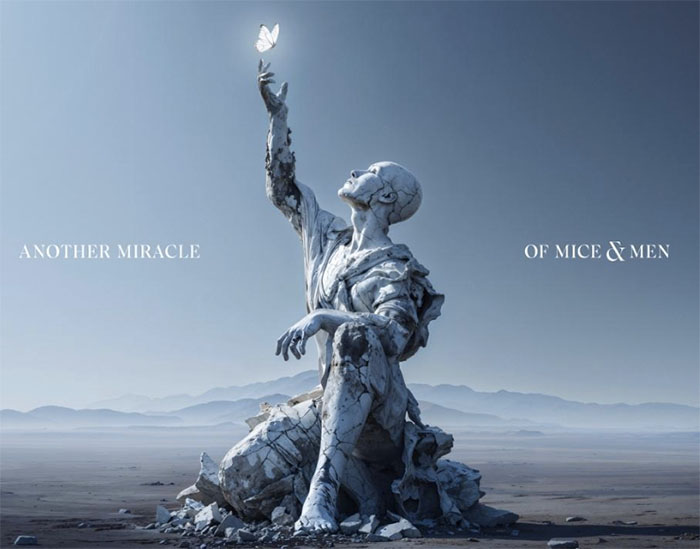
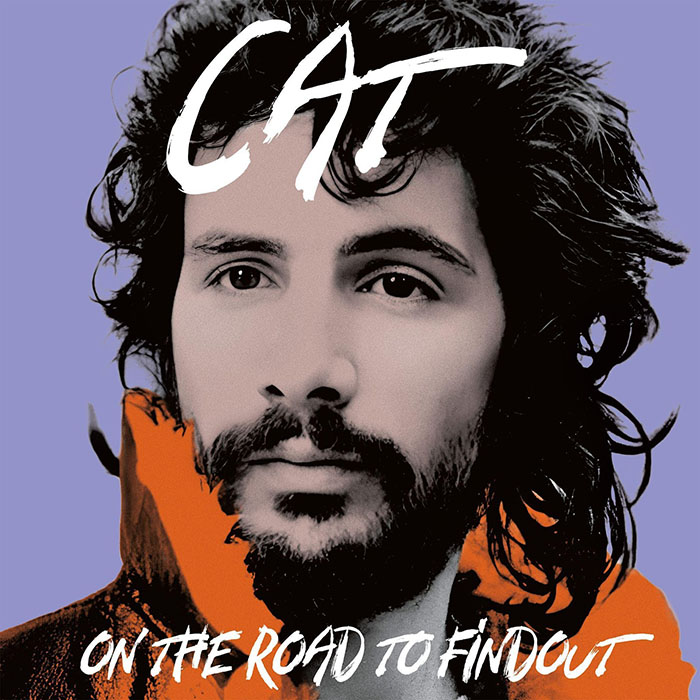
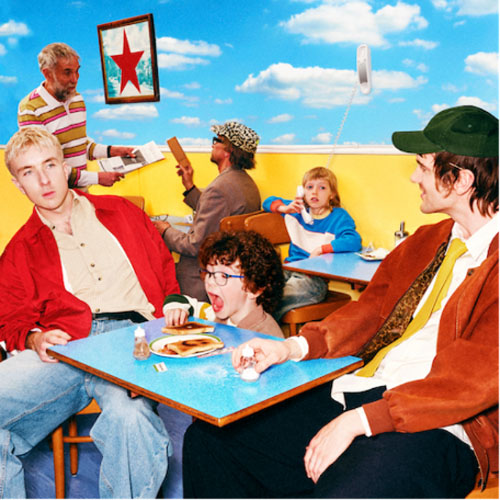
Comments are closed.